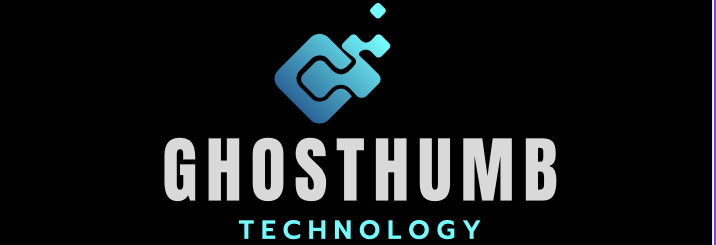 |
The Hollywood-styled rendition featured a Harvard student who required a gadget in order to meet women.
In an interview with "Die Welt am Sonntag," Mark Zuckerberg stated that the real version was utterly untrue.
He was obsessed with the internet at the time and already had Priscilla Chan, who is now his wife. There existed a gap between Google's excellent news search and Wikipedia's excellent reference search.
There wasn't a resource where you could go to find out about other people. I had no idea how to construct that, soinstead I started building little tools," Zuckerberg told Döpfner.
He created a simple application called Coursematch where users could list the classes they were enrolled in. Although he did create the Facematch technology featured in "The Social Network," he claims that it was just intended as a joke.
The origins of Facebook, on the other hand, may be traced back to a college student who spent too much time programming and not enough time paying attention in class. Why no one else did it is explained here along with how Zuckerberg transformed a study tool into a social network.
Mathias Döpfner: How did [Coursematch] develop into Facebook, though?
Mark Zuckerberg: For the final, you were only going to see a few of the many works of art that were in the class, "Rome of Augustus," which was an art history course would need to write an essay about the historical significance of that piece of art.
When it came time for the exam, I felt like I was in big trouble because I hadn't paid much attention in class because I was busy programming other things.
So, as a study aid, I created a small service that showed you one of the works of art at random and asked you to enter what you believed it to be noteworthy in terms of art history. So I forwarded it to the class' email list and said, "Hey, I have a study tool. Just fill in what is significant about all the pieces of art." As a result, it turned out to be a fantastic social studies tool.
I believe the test results that year were higher than they had been in the past. So there were all these different projects, I probably did like 10 different things like this when I was at Harvard. I thought I should put some of this stuff together to create a tool where people can share whatever they want with the people around them. And that was how the first version of Facebook came.
Döpfner: How much time did it take to develop Of This great implemented?
Zuckerberg: Because I had so much material already, it only took me two weeks to create the initial iteration of Facebook.
Döpfner: Of all, you probably had no notion that this could grow into a $300 billion business.
Zuckerberg: Not in the least.
Döpfner: When did you start to think that might actually be a significant deal?
Zuckerberg: I do, in fact, vividly recall the evening I introduced Facebook at Harvard. I used to complete all of my computer science homework with a friend before we went out for pizza. I can still hear myself telling him, "I am so glad we have this at Harvard because now our community can be connected but one day someone is going to build this for the world.
I never ever considered that it may be us. It wasn't as if we were hoping to make this into anything significant. There was no possibility in my thinking that this would apply to us. We are only college students, so it was going to be someone else. What has surprised me the most over the past twelve years is that no one else accomplished it. I also wonder why no one else has done it.
Deutsch: Why?
Zuckerberg: I simply believe it's because there were so many minor reasons not to. Because they were told "Oh, that's just for young people" at every turn, they didn't work on it as hard as they could. Or, "Fine, a bunch of people are using it, but it will never make any money." Or, "Oh it works in the US but it is not going to work around the world." Or, "Oh it works but it is not going to work on mobile." All these different reasons, you know how it is.
Döpfner: And you did it just now.
Zuckerberg: Yes
Facebook only just got started at that point. A corporation investing in the future, from artificial intelligence to virtual reality, has developed out of the 12-year-old social network.
 |








0 Comments